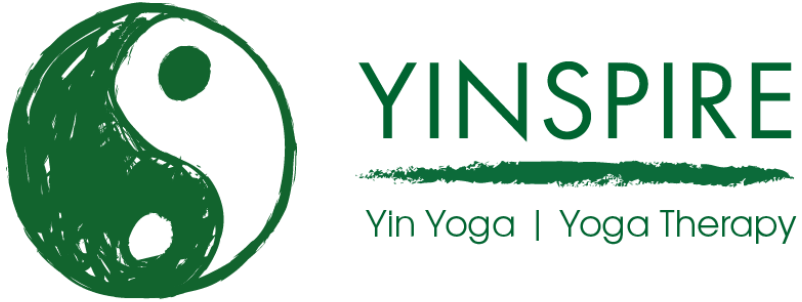What is claimed to be the first detailed UK survey of yoga behaviours in the UK has been published on 12 January 2020
Yoga practice in the UK: a cross-sectional survey of motivation, health benefits and behaviours
2,434 practitioners completed a survey, which by the standards of yoga research is a large sample population, although as the authors identify a weakness is that the participants self selected, and there was a reliance on self reporting which may be biased. I would also observe that of the 2434, 903 were yoga teachers, 87% were women and 91% white – these are limitations to be recognised.
Nevertheless its useful to see structured research on both motivations for practice, and what people gain from it.
Quoting from the authors:
In comparison with national population norms, participants reported significantly higher well-being but also higher anxiety; lower perceived stress, body mass index and incidence of obesity, and higher rates of positive health behaviours. 47% reported changing their motivations to practise yoga, with general wellness and fitness key to initial uptake, and stress management and spirituality important to current practice. 16% of participants reported starting yoga to manage a physical or mental health condition. Respondents reported the value of yoga for a wide range of health conditions, most notably for musculoskeletal and mental health conditions. 20.7% reported at least one yoga-related injury over their lifetime. Controlling for demographic factors, frequency of yoga practice accounted for small but significant variance in health-related regression models.
I think the positive outcomes are largely as I would expect, except for higher anxiety? One explanation for the later could be a greater awareness of anxiety rather than greater anxiety per se – personally I would say that is the case for myself post yoga practice – no change in anxiety but a better awareness of it.
20.7% reporting a yoga injury is high, but as the authors comment “Respondents were not asked about the severity or duration of any injuries” – I think its fair to say that by and large Yoga injuries have the potential to be at the more modest end of the spectrum and would probably compare well on a severity of injury scale to other physical activity,
The report is free to read, and worth a review by both yoga teachers and those in the helping and medical professions who may recommend yoga, bearing in mind the reported health benefits.
NB one of the authors is a teacher of mine. I have not been asked to write this review.

